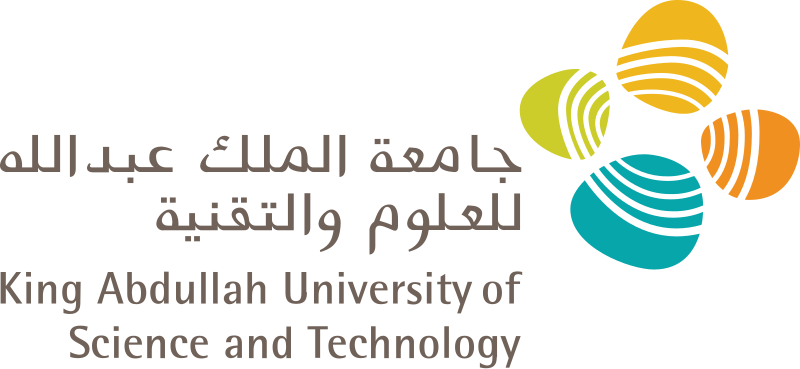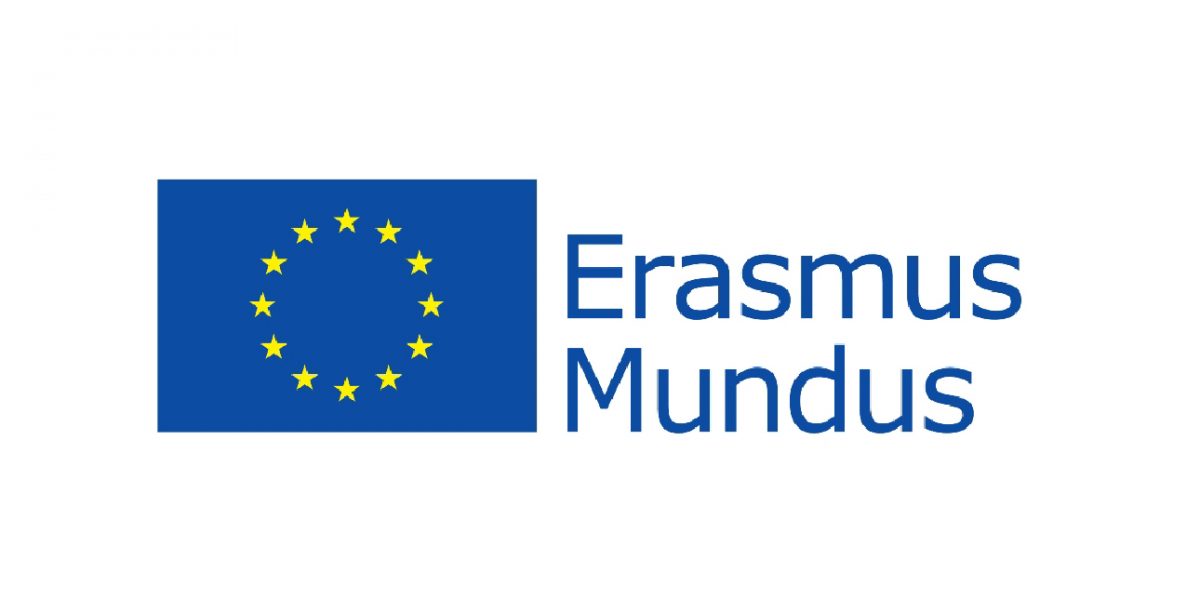
Applying to KAUST - Your Complete Guide for Masters & Ph.D. Programs (Upcoming Admissions)
Admissions Overview & Key Requirements

The latest Global Employability University Ranking (GEURS) 2026 has been released.
Designed by the HR consultancy Emerging and published by Times Higher Education (THE), GEURS Ranking provides a unique snapshot of which universities the recruiters at top companies think are best at preparing students for the workplace.
The ranking covers 250 universities across 42 countries, reflecting both local and international recruiting perspectives. Some notable highlights include:
Top 5 Global Universities for employability:
Regional highlights:
In total, 16 UK universities appear in the Global University Employability Ranking 2026.
Four of these are London-based institutions; the rest are spread across the UK. Two Scottish universities make it into the overall ranking, with the University of St Andrews at 139 and the University of Edinburgh ranked at 142. A Welsh university, Cardiff University, ranks at 193.
1. University of Cambridge
Beyond Cambridge’s international reputation, graduates benefit from a network of fellow alumni in influential positions around the world. While the university is known for its traditional tutelage system, in which students interact with their teachers in small groups, innovative teaching methods are also being introduced. Academics can receive grants for creative projects exploring new ways of teaching students.
2. University of Oxford
Admission is extremely competitive, and employers are generally confident that hiring an Oxford graduate is a safe bet. The university is also committed to developing digital technology and communication, so graduates are often exposed to important research and innovation that can be applied in the workplace.
3. Imperial College London
Imperial College hosts many careers events throughout the year, including lunchtime talks, employer-led skills workshops and mock interviews with employers. Additionally, the university also allows students to come back for careers support up to three years after they graduate.
The Global Employability University Ranking and Survey (GEURS) 2026 stands apart from most other university rankings because it is built entirely on the views of employers rather than academic metrics or reputation scores.
This year’s survey drew responses from 12,350 employers across 32 countries, representing 22 business sectors and 25 company departments.
Unlike traditional rankings that reward academic reputation or research intensity, the GEURS framework highlights the institutions most successful at producing graduates who meet employer expectations. For students, the findings offer valuable guidance when selecting universities with strong career outcomes. For employers, they serve as a benchmark for identifying emerging talent. And for universities, the ranking provides a clear signal of how effectively they are preparing students for employment in a rapidly evolving global marketplace.
Share

Applying to KAUST - Your Complete Guide for Masters & Ph.D. Programs (Upcoming Admissions)
Admissions Overview & Key Requirements

Erasmus Mundus Joint Master's 2026 (Upcoming Admissions)
Erasmus Mundus programs are scholarships available to students worldwide, offering fully-funded Master’s degrees to study in Europe!

Registration Opens for SAF 2025: International STEAM Azerbaijan Festival Welcomes Global Youth
The International STEAM Azerbaijan Festival (SAF) has officially opened registration for its 2025 edition!

Young Leaders Union Conference 2025 in Paris (Fully Funded)
Join Global Changemakers in Paris! Fully Funded International Conference for Students, Professionals, and Social Leaders from All Nationalities and Fields

An mRNA cancer vaccine may offer long-term protection
A small clinical trial suggests the treatment could help keep pancreatic cancer from returning

Yer yürəsinin daxili nüvəsində struktur dəyişiklikləri aşkar edilib
bu nəzəriyyənin doğru olmadığı məlum olub. Seismik dalğalar vasitəsilə aparılan tədqiqatda daxili nüvənin səthindəki dəyişikliklərə dair qeyri-adi məlumatlar əldə edilib.